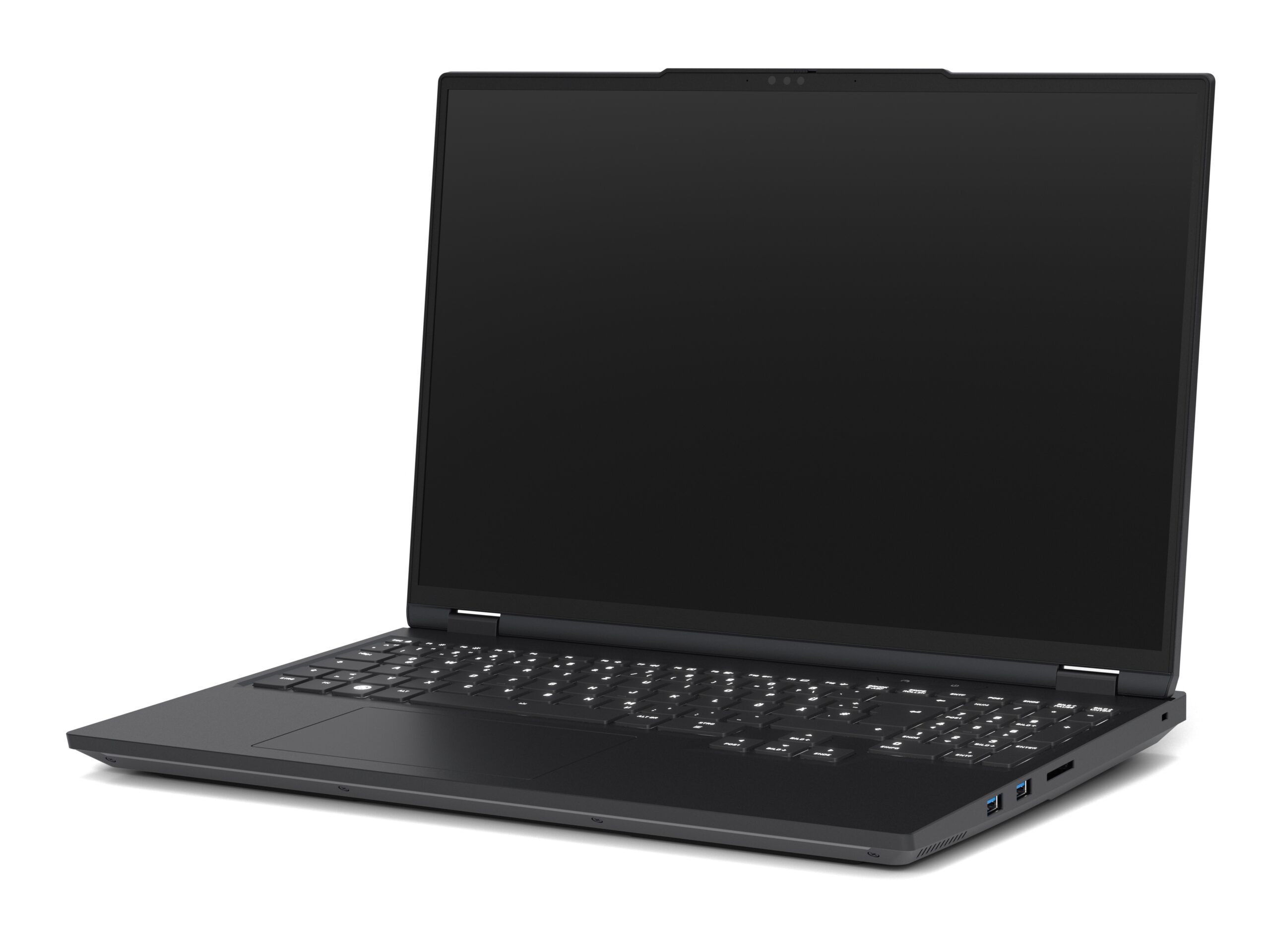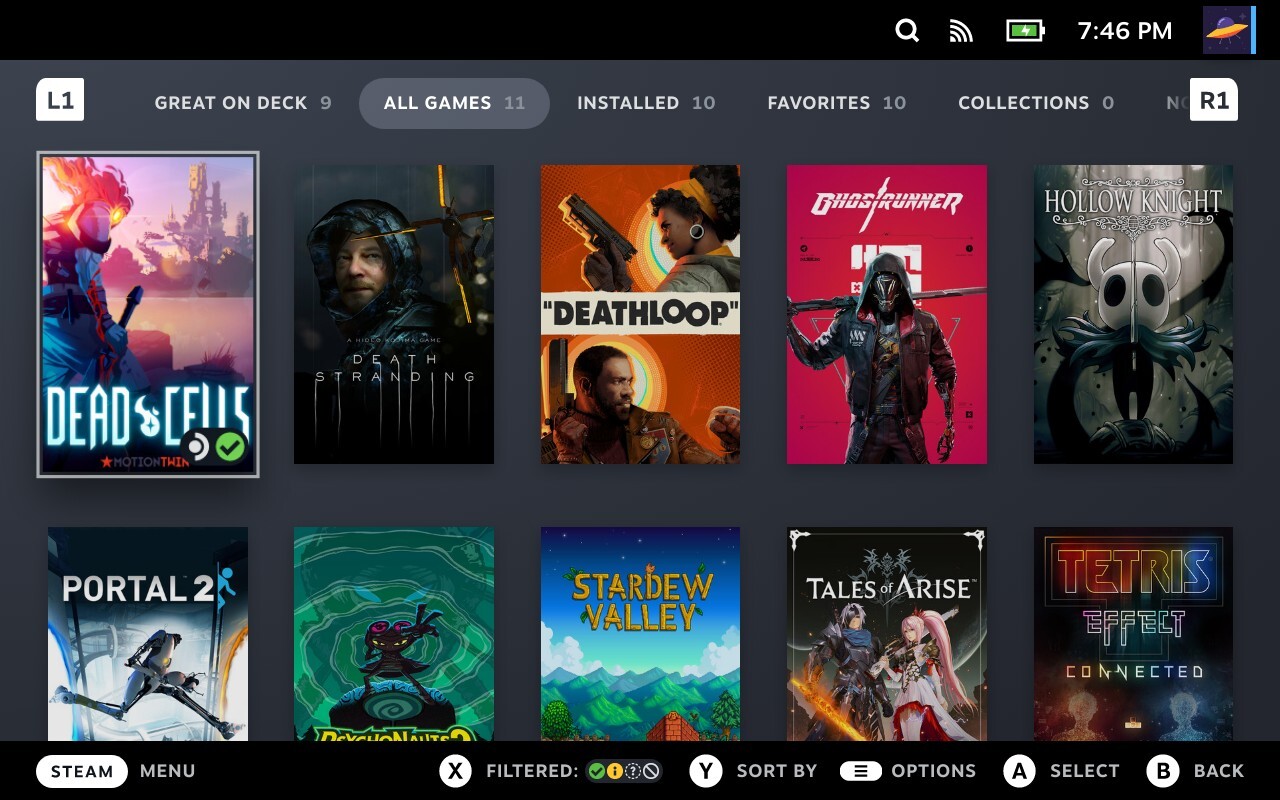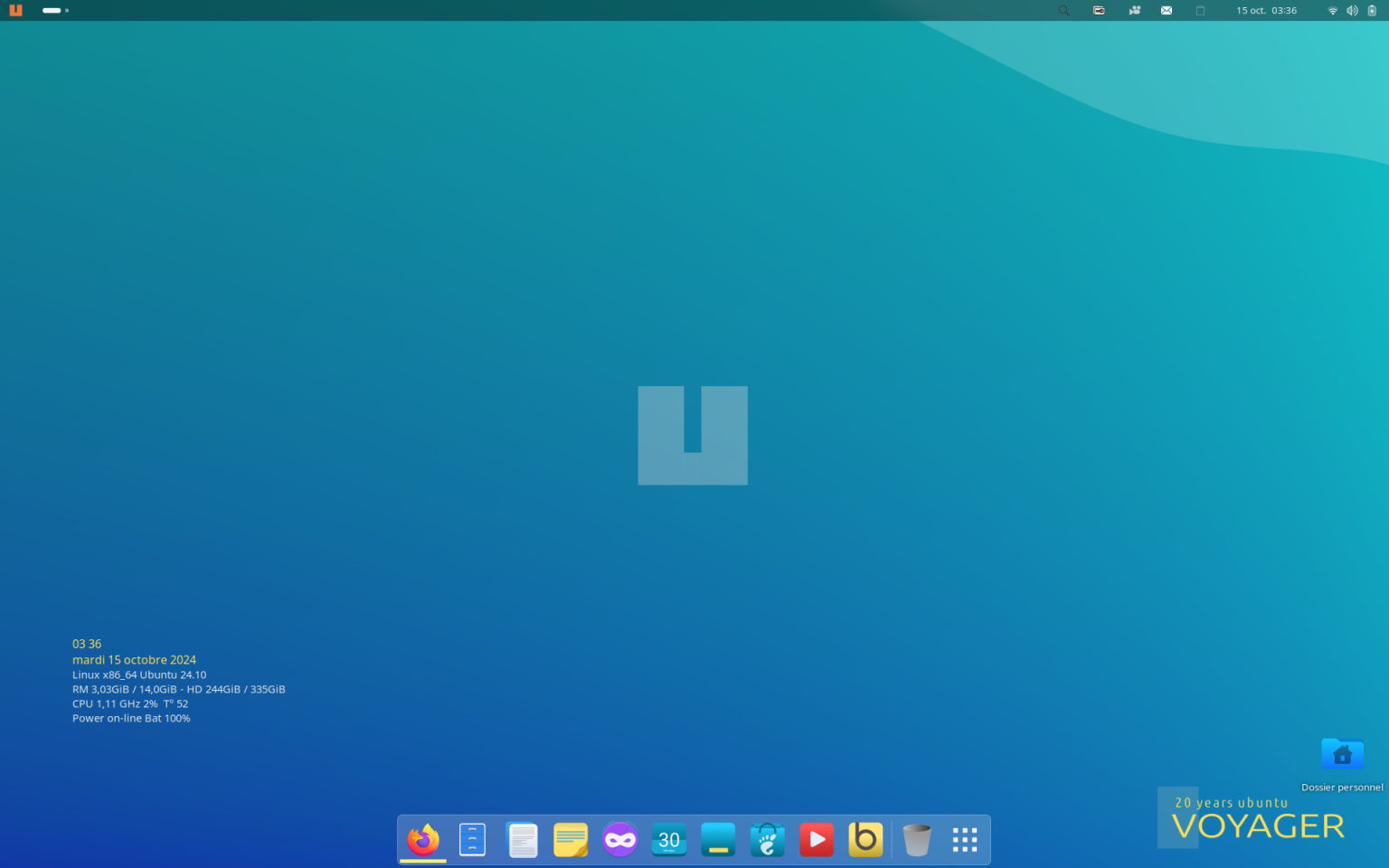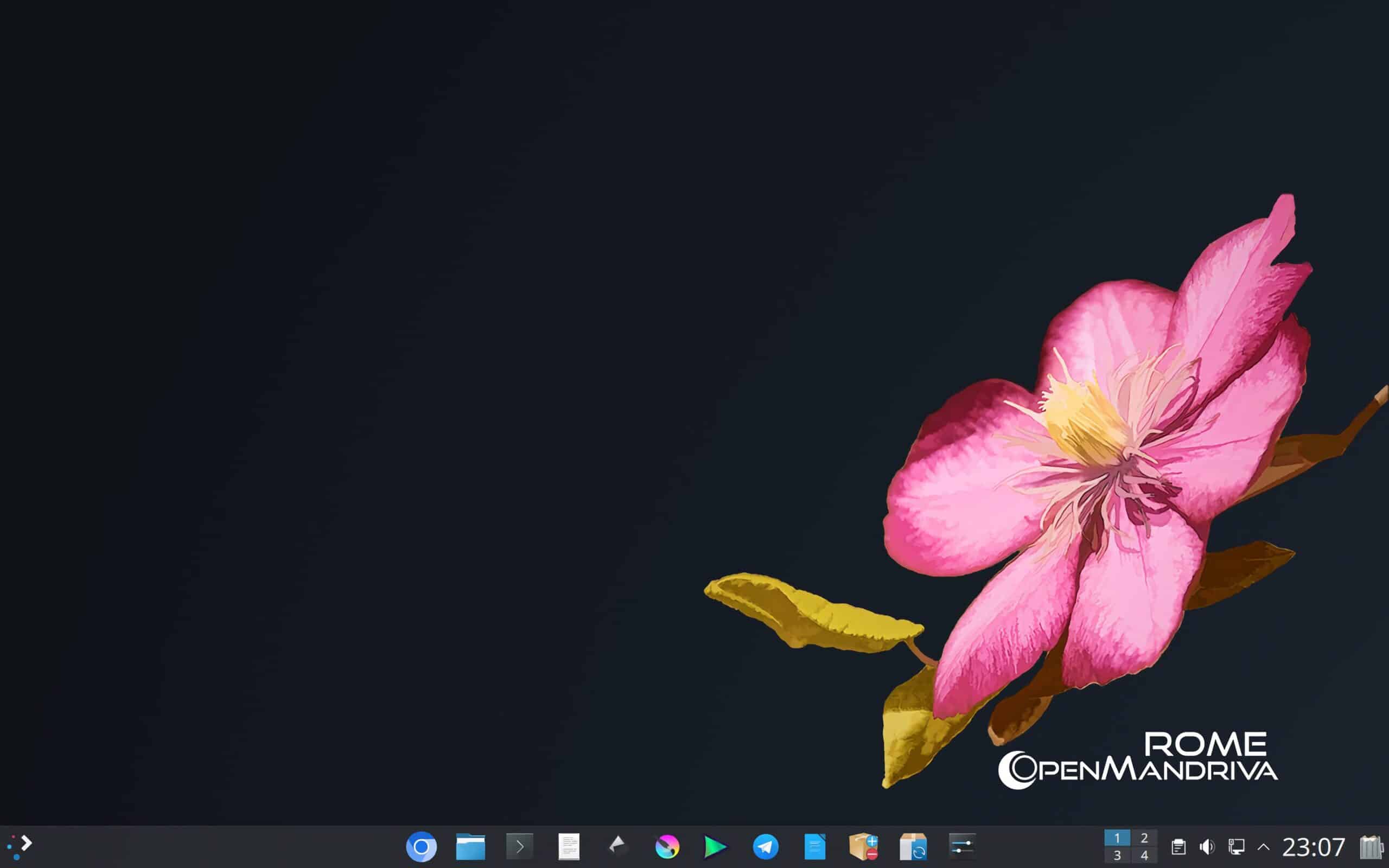
TUXEDO Stellaris 16 Gen7 is a Linux laptop with desktop power and optional water cooling
If you’ve been hunting for a laptop that offers hardcore power without ditching portability, the new Stellaris 16 Gen7 from TUXEDO Computers might be your dream machine. This thing is built like a tank, runs Linux out of the box, and somehow manages to blend high-end desktop performance into a notebook form factor.
At the center of it all is Intel’s Core Ultra 9 275HX processor. It has 24 cores and can hit 5.4GHz, which means it handles everything from gaming and compiling code to editing massive videos without flinching. Even better, it uses way less power than its predecessor. You can fine-tune how it behaves using TUXEDO’s own Control Center, letting you decide how loud or fast it should run depending on what you’re doing.

Arch Linux-based SteamOS 3.7.8 update brings Plasma 6, better battery controls, and Legion Go S support
Valve has officially pushed SteamOS 3.7.8 to the Stable channel, and it’s a hefty one. After months of development in the beta lane, the refreshed version of the Arch-based operating system is finally ready for primetime. This release brings a number of notable enhancements to Steam Deck users and expands support for a growing family of AMD-powered handheld gaming PCs, including Lenovo’s awesome new Legion Go S.
One of the more welcomed changes is the jump to the Linux 6.11 kernel and Mesa graphics stack update, helping to squeeze out more performance and compatibility with newer hardware. But perhaps more impactful for everyday users is the switch to KDE Plasma 6.2.5 in desktop mode, marking a major visual and functional upgrade over the older Plasma 5 environment. This should make the Steam Deck’s desktop experience feel far more modern and snappy.

Why PorteuX Linux 1.8 is a faster and lighter alternative to Microsoft’s bloated Windows 11
The lightweight Linux distribution PorteuX has launched version 1.8, delivering huge updates across multiple desktop environments and a modern alternative to Windows 11. The release introduces the newly released Xfce 4.20, a sleek and efficient desktop environment, alongside updates to Cinnamon 6.4.2, GNOME 47.2, KDE 6.2.4, and LXQt 2.1.0, offering users a customizable and resource-friendly experience without the performance trade-offs often associated with Windows 11.
PorteuX 1.8 upgrades its kernel to version 6.12.5, ensuring better hardware compatibility and security. For AMD users who encounter upstream performance regressions, the kernel from version 1.7 remains available. Unlike Windows 11, which can struggle with older hardware and system requirements, PorteuX maintains its lightweight design, running smoothly even on less powerful machines.

Linux predictions for 2025
As we close out 2024, we Linux enthusiasts are once again looking ahead to what the future holds. While Linux has long been the unsung hero of technology, powering servers, supercomputers, and the cloud, it’s also a dominant force in the consumer space, even if many don’t realize it. With Android leading the way as the most widely used Linux-based operating system, 2025 is shaping up to be another landmark year for the open source world.
First and foremost, Linux will continue to dominate the enterprise sector. Businesses have realized the cost and flexibility benefits of moving away from proprietary systems. Linux already powers most cloud infrastructure, and as organizations look to tighten budgets, more companies will opt for open source solutions to run their operations. With major providers like AWS and Google Cloud leaning heavily on Linux, its role in the corporate world is only growing stronger.

Download Voyager Linux 24.10 now!
Voyager 24.10 has officially arrived, and it’s quite the intriguing release for Linux enthusiasts. This unique distribution offers a 2-in-1 experience, combining both GNOME and Xfce desktops into one. The design has been revamped to give users a vibrant and colorful interface, blending GNOME 47 with Xfce 4.18. The result is a hybrid system that feels modern, light, fast, secure, and highly efficient, whether you’re on a PC or tablet.
What sets Voyager apart is how it manages these two distinct environments. Despite the integration, the applications tied to each desktop remain mostly invisible to the other, maintaining a clean separation. This setup allows you to switch between the desktops seamlessly. If you prefer to stick with just one, you can easily remove the other without any hassle.

OpenMandriva ROME 24.07: A Linux-based alternative to Microsoft Windows 11 following Crowdstrike BSOD disaster
The release of OpenMandriva ROME 24.07 offers a timely Linux alternative for users considering a switch from Microsoft Windows 11, particularly in the wake of the recent Crowdstrike-induced BSOD (Blue Screen of Death) disaster. This rolling release integrates the latest from the Release Candidate, featuring updated packages and enhanced stability.
At the forefront of this release is the introduction of KDE Plasma 6 as the default desktop environment, designed to enhance user experience with its improved aesthetics and functionality. For those seeking variety, there are additional spins available with LXQt (2.0.0 Qt6) and GNOME(46.3). It's important to note that while a Wayland-based ISO is offered, OpenMandriva advises that Wayland might not fully replace X11 for all users just yet, especially when used in VirtualBox environments.

OpenMandriva ROME 24.07 Release Candidate is here: Download the Linux distribution now
OpenMandriva has released a new candidate version for its rolling release model, ROME 24.07. This update brings Plasma 6 as the default desktop environment, incorporating various new features and improvements.
This version ensures compatibility between Plasma 5 and Plasma 6 packages, allowing users to choose their preferred environment. It's important to note that ROME 24.07 and the upcoming OMLx Rock 5.1 will be the final versions to include the Plasma 5 desktop, indicating a future shift towards exclusive updates for Plasma 6.

Proton 9.0 launches: A major boost for Linux gamers
Today, the Linux gaming world gets a huge boost with the release of Proton 9.0. If you are not familiar, Proton is an open-source tool that lets you to play some Windows games on Linux.
This latest version introduces extensive compatibility improvements, enhancing the gaming experience for a wide array of titles previously only playable on Proton Experimental. Among these games are popular titles such as "Dinogen Online," "Photography Simulator Demo," and "The Finals." Proton 9.0 also breathes new life into classics like "Command & Conquer: Red Alert 2 and Yuri’s Revenge" and "Lord of the Rings: Gollum."

Manjaro Linux 23.1.0 'Vulcan' now available to download -- choose from GNOME, Plasma, and XFCE editions
After months of diligent development, the Manjaro team has finally launched version 23.1.0. Code-named “Vulcan,” this version of the Linux-based operating system is chock full of enhancements and security improvements. Most notably, this release addresses critical security vulnerabilities in the xorg-stack and refines the overall package offerings.
Key highlights of the update include extensive kernel updates. A notable wifi regression issue in kernel 18 has been resolved. The ASUS ROG ALLY 13 now boasts robust support across linux65, linux66, and linux67 kernels. The linux-firmware has been upgraded to its latest December iteration, ensuring up-to-date hardware compatibility.
